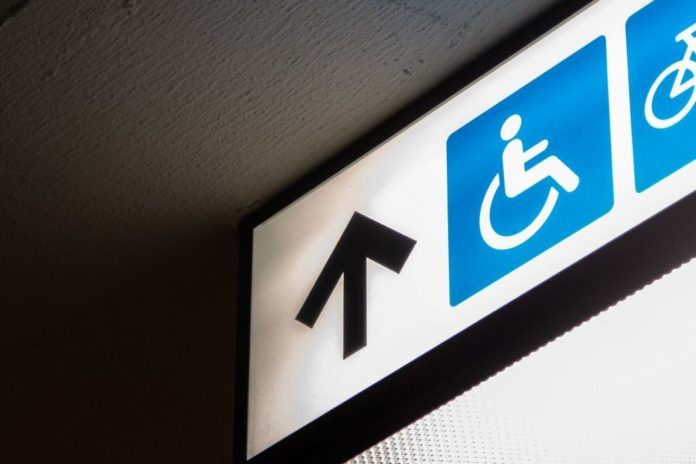
Disability rights campaigners are celebrating changes to the Building Regulations as Changing Places toilets for severely disabled people become compulsory in new public buildings in England from next year.
A £30m fund will be opened to install Changing Places toilets in existing buildings, while the Department for Transport, in partnership with Muscular Dystrophy UK, has also announced £1.27m to install 37 more Changing Places at service stations across England.
The new facilities will join the existing 1,400 Changing Places across the UK, announced the Chartered Institute of Plumbing and Heating Engineering (CIPHE), creating larger accessible toilets, at 12m2, for severely disabled people, which include equipment such as hoists, curtains, adult-sized changing benches and space for carers.
It was hoped the amendment to the regulations will help 250,000 people by adding truly accessible toilets to more than 150 buildings a year in England, including supermarkets, shopping centres, stadiums, cinemas and arts venues.
Kevin Wellman, CEO of the CIPHE, said: “We see this as a real win for the disability community and warmly welcome regulatory changes that will aid some of the most vulnerable in our society. Those with disabilities should not have to battle to find facilities that enable them to leave the house with dignity. It is encouraging to see the government is committed to acting swiftly on this issue.
“We should never underestimate the importance of good public toilet provision. Unfortunately, this is something the disability community know only too well. Our Love your local lav campaign has already highlighted the real fear those with chronic illnesses and disabilities go through when unable to access adequate toilet facilities. Changing Places offer disabled people the freedom to leave their homes as the lockdown lifts.”
With shielding ending for many from 1st August and businesses and attractions reopening across England, clean, suitable public toilets and hand washing facilities are vital for everyone, the CIPHE stressed.
“The current health crisis has shown that toilets and hand washing facilities are not a luxury, but a necessity, providing dignity, independence and safety for all. Harm caused to the local environment by a lack of public toilet facilities has recently been highlighted by their reduced availability. Now more than ever, public toilets offer a lifeline to many in our communities. In this new world, where it is essential we regularly wash our hands, access to adequate public toilet provision should be a mandatory requirement for all councils,” added Kevin.
